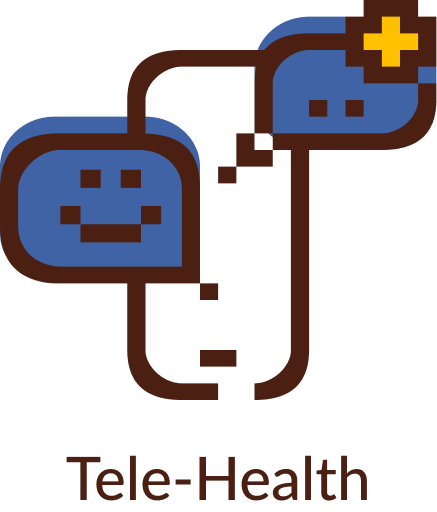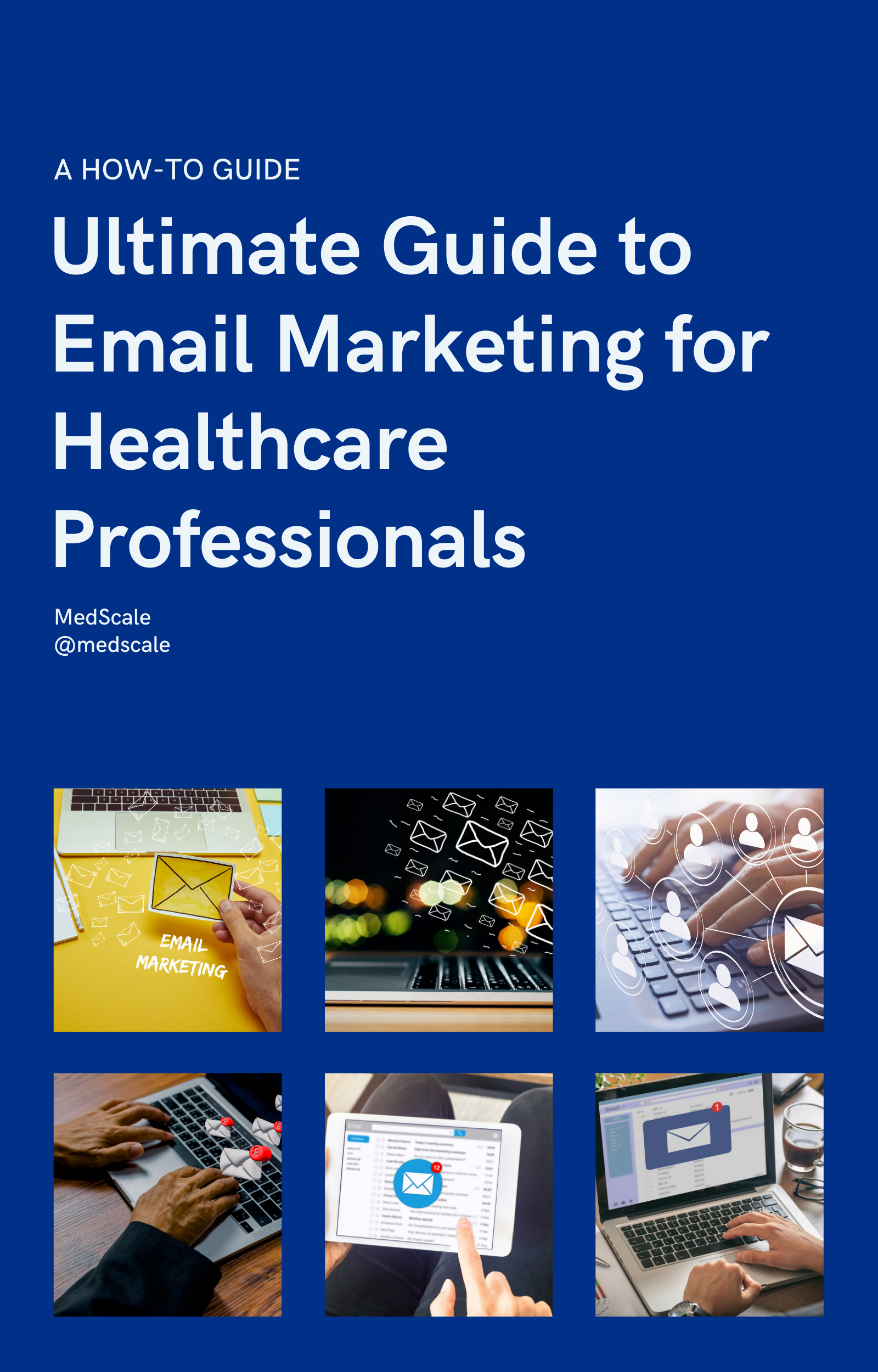Unlock Your Healthcare Potential
with Vita Strategies
Welcome To Vita Strategies
Vita Strategies Difference
We are dedicated to empowering healthcare organisations with strategic solutions for sustainable growth and excellence. Our mission is to transform the healthcare landscape by providing innovative strategies and unparalleled expertise to clinics and healthcare facilities.


Customised Solutions
Personalised approaches for specific challenges and goals.

Expert
Guidance
Seasoned professionals ensuring top-tier strategic support.

Measurable Results
Delivering tangible outcomes for sustained client success.

Customised Solutions
Personalised approaches for specific challenges and goals.

Expert
Guidance
Seasoned professionals ensuring top-tier strategic support.

Measurable Results
Delivering tangible outcomes for sustained client success.
What We Do
Our Dynamic Solutions
Stay ahead of the curve with our market insights and innovative strategies.
Clinic
Growth
Strategic planning, digital marketing, and branding initiatives to drive patient acquisition and revenue growth.
Community
Engagement
Development of targeted community outreach programs and partnerships to foster patient loyalty and trust.
Healthcare
technology
Implementation of technology and IT solutions to streamline operations and enhance patient care.
Key Features
Our Vital Solutions
Stay ahead of the curve with our market insights and innovative strategies.








Articles
Latest News
Stay ahead of the curve with our market insights and innovative strategies.

AI in Healthcare: Transforming Diagnosis, Treatment, and Care
“Not only are bloggers suckers for the remarkable, so are the people who read blogs.” - Seth Godin
Introduction
Definition of Artificial Intelligence (AI)
Brief overview of AI in healthcare
Enhancing Diagnostic Accuracy
AI applications in medical imaging
AI-driven diagnostic tools
Personalizing Treatment Plans
Utilizing AI for precision medicine
Predictive analytics in treatment planning
Improving Patient Care Delivery
AI-powered virtual health assistants
Remote patient monitoring systems
Ethical Considerations
Privacy concerns
Bias and fairness in AI algorithms
Challenges and Limitations
Integration with existing healthcare systems
Regulatory hurdles
Future Outlook
Advancements in AI technology
Potential impact on healthcare industry
Conclusion
Recap of AI's role in healthcare transformation
Future implications
The Role of Artificial Intelligence in Healthcare: Transforming Diagnosis, Treatment, and Patient Care
Artificial Intelligence (AI) has emerged as a groundbreaking technology with immense potential to reshape various industries, and healthcare is no exception. With its ability to analyze vast amounts of data and identify patterns, AI is revolutionizing the way healthcare professionals diagnose illnesses, design treatment plans, and deliver patient care. In this article, we explore how AI is transforming healthcare across different domains.
Introduction
In recent years, AI has garnered significant attention for its capabilities in mimicking human intelligence to solve complex problems. In healthcare, AI algorithms can analyze medical data more efficiently than traditional methods, leading to faster and more accurate diagnoses. This transformative technology holds promise for improving patient outcomes and reducing healthcare costs.
Enhancing Diagnostic Accuracy
One of the most promising applications of AI in healthcare is its role in enhancing diagnostic accuracy. Medical imaging techniques, such as MRI and CT scans, generate large volumes of data that can be challenging for human radiologists to interpret accurately. AI algorithms trained on vast datasets can analyze these images with remarkable precision, detecting abnormalities that might go unnoticed by the human eye. By assisting radiologists in detecting early signs of diseases such as cancer, AI has the potential to revolutionize the diagnostic process and improve patient outcomes.
Moreover, AI-driven diagnostic tools, such as IBM Watson Health, leverage machine learning algorithms to analyze patient data and assist physicians in making more informed decisions. These tools can quickly sift through vast amounts of medical literature and patient records to provide clinicians with evidence-based recommendations tailored to individual patient profiles.
Personalizing Treatment Plans
Another significant advantage of AI in healthcare is its ability to personalize treatment plans for patients. Traditional medical treatments often follow a one-size-fits-all approach, which may not be effective for every individual. AI-based predictive analytics can analyze patient data, including genetic information, lifestyle factors, and medical history, to tailor treatment plans that are optimized for each patient's unique needs.
For example, in the field of oncology, AI algorithms can analyze tumor genetics and predict how specific cancer treatments will affect individual patients. This approach, known as precision medicine, allows oncologists to prescribe targeted therapies that are more likely to be effective and minimize side effects.
Improving Patient Care Delivery
In addition to enhancing diagnostic accuracy and personalizing treatment plans, AI is also transforming the way healthcare is delivered to patients. AI-powered virtual health assistants, such as chatbots and virtual nurses, are becoming increasingly common in healthcare settings. These virtual assistants can engage with patients, answer their questions, and provide basic medical advice, reducing the burden on healthcare providers and improving access to care.
Furthermore, AI-enabled remote patient monitoring systems allow healthcare professionals to monitor patients' vital signs and health status in real-time, even outside of traditional clinical settings. By detecting potential health issues early and facilitating timely interventions, these systems can improve patient outcomes and reduce the need for hospital readmissions.
Ethical Considerations
While AI holds tremendous promise for transforming healthcare, it also raises important ethical considerations. Privacy concerns surrounding the collection and use of patient data are paramount, as AI algorithms rely on large datasets to train and improve their performance. Additionally, there is growing awareness of the potential for bias and unfairness in AI algorithms, which could exacerbate existing disparities in healthcare delivery.
Challenges and Limitations
Despite its potential benefits, the widespread adoption of AI in healthcare faces several challenges and limitations. Integrating AI technologies into existing healthcare systems can be complex and costly, requiring significant investments in infrastructure and workforce training. Moreover, regulatory frameworks governing the use of AI in healthcare are still evolving, raising concerns about patient safety and data security.
Future Outlook
Looking ahead, the future of AI in healthcare appears promising, with ongoing advancements in technology and increasing acceptance among healthcare professionals. As AI algorithms continue to improve in accuracy and efficiency, their impact on the healthcare industry is likely to expand. From streamlining administrative tasks to enabling more personalized patient care, AI has the potential to revolutionize every aspect of healthcare delivery.
Conclusion
In conclusion, artificial intelligence is poised to transform healthcare by enhancing diagnostic accuracy, personalizing treatment plans, and improving patient care delivery. While there are ethical considerations and challenges to address, the potential benefits of AI in healthcare are undeniable. By harnessing the power of AI technology, we can usher in a new era of more efficient, effective, and patient-centered healthcare.
FAQs
How is AI used in medical imaging?
AI algorithms analyze medical images to detect abnormalities and assist radiologists in making more accurate diagnoses.
What is precision medicine, and how does AI contribute to it?
Precision medicine involves tailoring medical treatments to individual patients based on their unique characteristics. AI algorithms analyze patient data to identify personalized treatment options.
Are there any privacy concerns associated with the use of AI in healthcare?
Yes, the collection and use of patient data by AI systems raise privacy concerns, and there is a need for robust data protection measures.
How can AI improve patient care delivery outside of traditional clinical settings?
AI-powered virtual health assistants and remote patient monitoring systems enable healthcare professionals to deliver care to patients outside of traditional clinical settings, improving access to care and patient outcomes.
What are some of the challenges facing the widespread adoption of AI in healthcare?
Challenges include integrating AI technologies into existing healthcare systems, addressing regulatory issues, and ensuring the fairness and transparency of AI algorithms.
Why Choose Us
Frequently Asked Questions
Stay ahead of the curve with our market insights and innovative strategies.
Your Title Here
Lorem ipsum dolor sit amet, consectetur adipisicing elit. Autem dolore, alias, numquam enim ab voluptate id quam harum ducimus cupiditate similique quisquam et deserunt, recusandae.
Your Title Here
Lorem ipsum dolor sit amet, consectetur adipisicing elit. Autem dolore, alias, numquam enim ab voluptate id quam harum ducimus cupiditate similique quisquam et deserunt, recusandae.
Your Title Here
Lorem ipsum dolor sit amet, consectetur adipisicing elit. Autem dolore, alias, numquam enim ab voluptate id quam harum ducimus cupiditate similique quisquam et deserunt, recusandae.
Strategy Call
Latest News
Stay ahead of the curve with our market insights and innovative strategies.
Free Resources
E - books
At Vita Strategies, we're not just consultants; we're partners in your journey towards healthcare excellence.

Testimonials
Inclusion
Lorem ipsum dolor sit amet, consectetur adipiscing elit. Integer lobortis elit ut neque aliquam, pharetra consectetur risus tempor. Nulla sodales risus leo, vel egestas eros fermentum ut. Integer egestas urna est, at viverra nisi posuere quis. Cras semper nibh in felis consectetur, id egestas neque molestie. Nam lectus odio, lobortis sed feugiat egestas, ultrices vel dui. Sed scelerisque at massa et fermentum. Suspendisse porta dui nec ex tempus scelerisque sit amet in mauris. Cras massa arcu, faucibus non elit in, eleifend bibendum neque. Morbi fringilla at augue fermentum posuere.

CELINA JOSEPH
Pellentesque eu libero lectus. Cras tempor ornare pellentesque. Proin ex enim, sollicitudin non vehicula nec, consectetur a neque. Maecenas id augue eu tellus semper ultricies et quis tortor. Sed lobortis leo vel enim sollicitudin tincidunt.

GEORGE KARREL
Lorem ipsum dolor sit amet, consectetur adipiscing elit. Integer lobortis elit ut neque aliquam, pharetra consectetur risus tempor. Nulla sodales risus leo, vel egestas eros fermentum ut. Integer egestas urna est, at viverra nisi posuere quis. Cras semper nibh in felis consectetur, id egestas neque molestie.
Our Clients
Our Client Logo




Contact Us
© 2020 Justice. All Rights Reserved





